A.
Let's take a look at the production process for forging flanges:
The forging process is generally composed of the selection of high-quality billet material, heating, forging, cooling. Forging methods include free forging, mold forging. When producing, forging methods are selected according to the size and the number of flanges to be produced.
The advantage of forged flanges for sale is that the internal organization structure is uniform, and there are no pores, impurities, and other harmful defects;
Forged flanges can withstand higher shear and tensile forces than casting flanges.
The disadvantage is that forged flanges cost much more than casting flanges.
 EN
EN

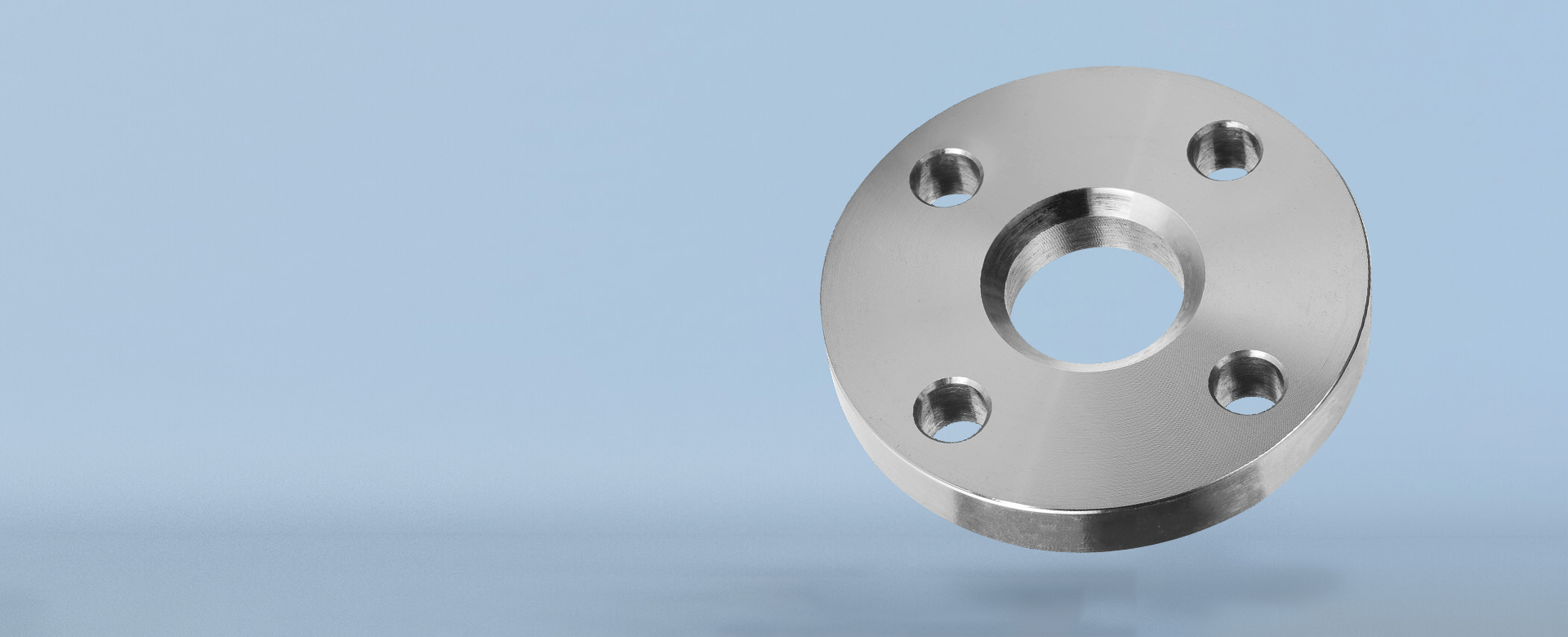
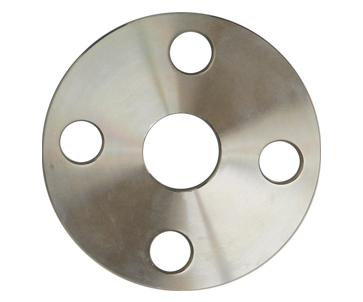
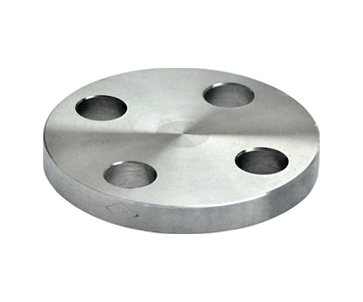
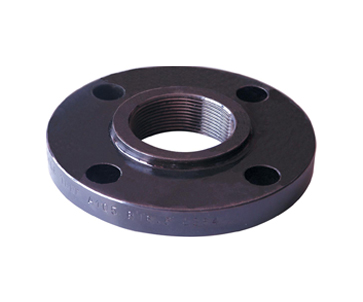
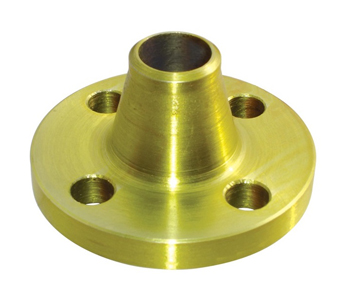
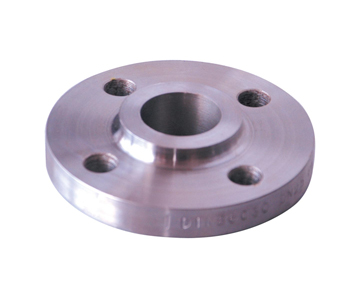
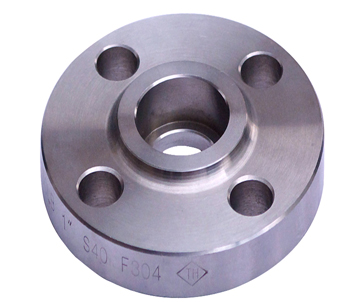
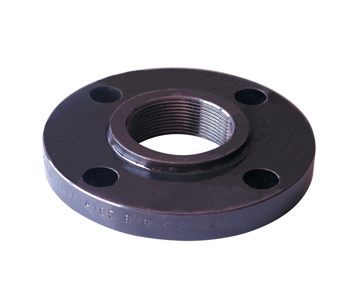
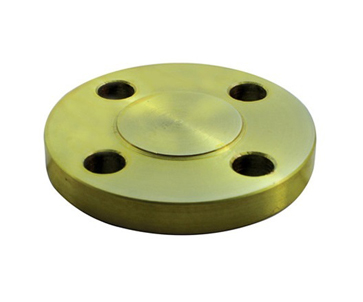
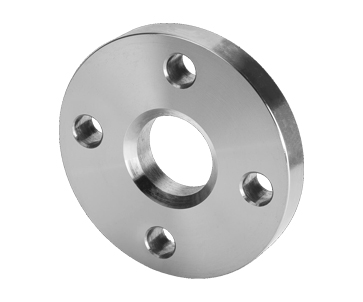
 Call us on:
Call us on:  Email Us:
Email Us:  No.68 Hezuo Road, Shijiazhuang City, Hebei Province, China
No.68 Hezuo Road, Shijiazhuang City, Hebei Province, China 